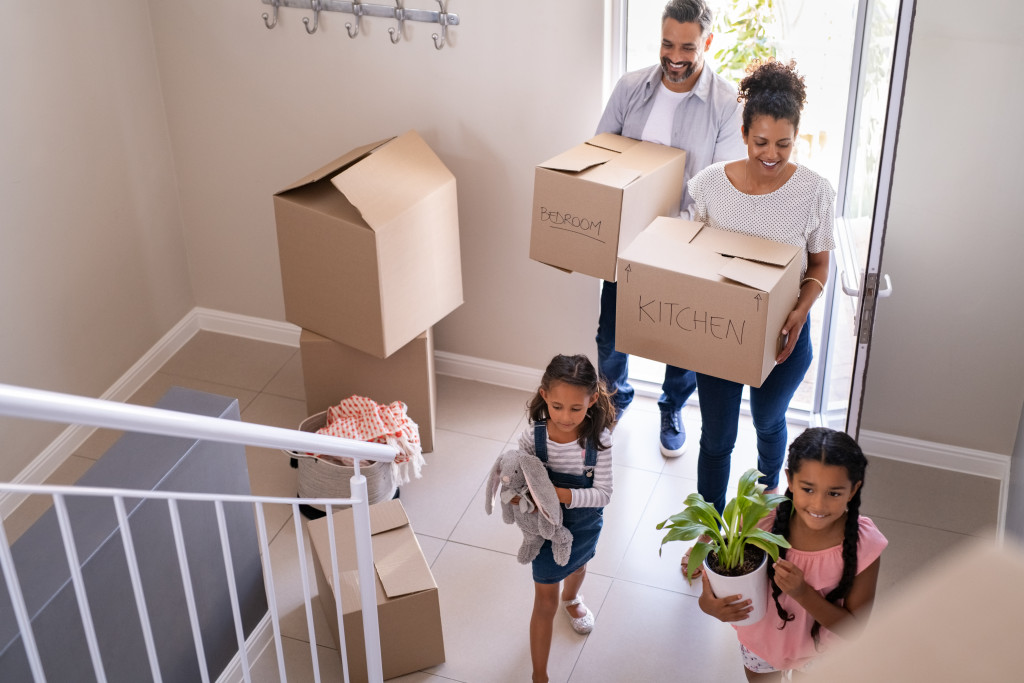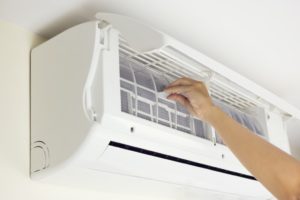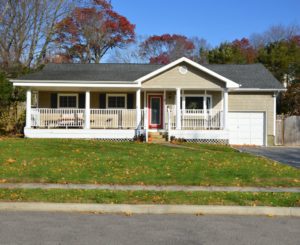- Moving to a new home necessitates checking for potential structural and safety hazards, such as roof and electrical damage.
- Doors and windows should be secured with sturdy locks, and a home security system should be installed.
- Home security options include CCTV surveillance, motion sensor lights, alarm systems, and home automation systems.
- A fire safety plan, including working smoke detectors and a practiced fire escape plan, is vital for family safety.
- Building relationships with neighbors is beneficial, as they can assist in monitoring your home and responding to emergencies.
Purchasing a new home is an exciting and memorable milestone for every family. Moving to a new place means creating new memories and adapting to different lifestyles. However, along with a new home comes the responsibility of keeping your family safe. Safety and security should never be taken for granted, especially for your loved ones. If you’re a new homeowner or still moving, read on for some tips and recommendations on how to keep your family safe in your new home.
Check for Home Damage
When you move into a new home, it’s essential to know the condition of your property. This includes checking for any damages that could put your family in danger, such as structural problems like cracks or holes in walls or floors, faulty electrical wiring, and water damage caused by leaking pipes.
One of the most important areas to check is the roof. The roof of the house is the most exposed part of the home and can easily be damaged by natural elements like rain, hail, or snow. Contact an expert roofer immediately if you find extensive damage that could lead to problems. They can offer professional roof replacement services to keep your family safe from any potential issues, like water damage or structural collapse.
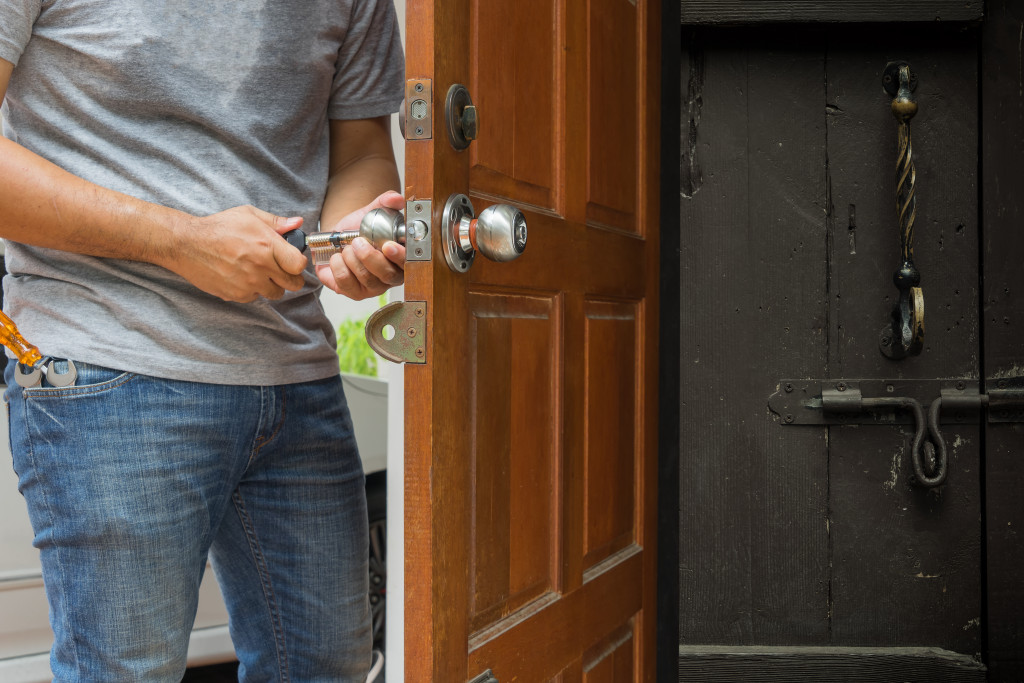
Secure Your Doors and Windows
Ensure your doors have sturdy locks, and install deadbolts if they don’t. For a more enhanced security measure, consider installing smart locks. Likewise, check all your windows and add locks if needed. Remember that a burglar can enter your home through the tiniest opening, so secure every point of entry.
Install a Home Security System
A home security system is an essential investment for any family. It provides peace of mind and helps protect your home from burglars and intruders. Depending on your budget and needs, you can choose from various home security systems. Here are some options:
CCTV Surveillance System
A closed-circuit television system (CCTV) is a great option if you want the highest level of home protection. It allows you to monitor different areas of your home and gives you a bird’s eye view of what’s happening outside.
Motion Sensor Lights
Installing motion sensor lights around your property can act as a deterrent to burglars. When someone enters the vicinity, the lights will turn on and alert you or your neighbors of suspicious activity.
Alarm System
An alarm system is an excellent addition to any home. Once triggered, the alarm will scare off burglars and alert you or your neighbors of any suspicious activity. It can also be connected to a monitoring system, which will contact the police if necessary.
Home Automation System
A home automation system allows you to control your home’s electronic devices remotely. This includes lights, appliances, doors and windows, security cameras, and more. A home automation system allows you to monitor your home even when you’re not there.
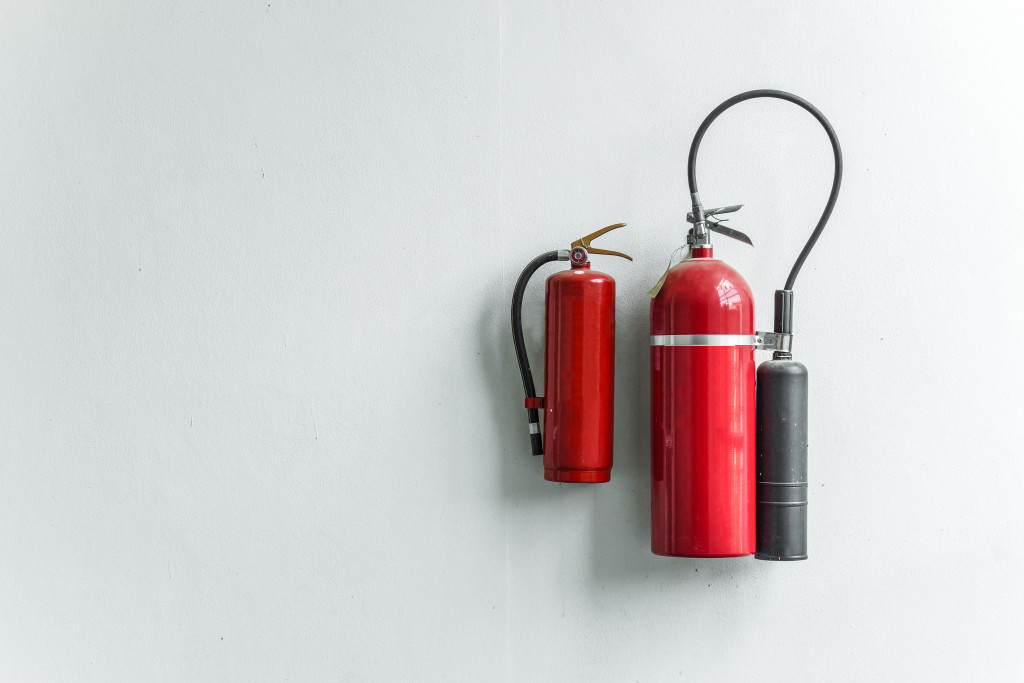
Have a Fire Safety Plan
A fire can occur unexpectedly, so having a fire safety plan for your family is crucial. Make sure you have working smoke detectors on every level of your home. Additionally, create a fire escape plan with your family and practice it regularly. Everyone should know how to exit the house and where to meet outside in case of a fire.
Be Mindful of Home Hazards
Aside from burglars and fires, there are other hazards to remember in your new home. Be aware of tripping hazards such as loose carpets, uneven flooring, or loose railings. Install handrails in areas with stairs, and make sure they’re securely fastened. Likewise, be cautious of electrical outlets, cords, and appliances. Keep your children away from these hazards by using outlet covers and keeping cords tidy.
Get to Know Your Neighbors
One way to keep your family safe is by getting to know your neighbors. Building a positive relationship with those around you can make a difference in times of danger. Your neighbors can be your community watch and help monitor your home while you’re away. Additionally, they can assist in emergencies, such as when you need help calling 911.
Keeping your family safe in your new home requires effort, but it’s a responsibility that should never be ignored. Following these tips and recommendations can provide your family with the safety and security they deserve. Now is the time to start prioritizing safety, making your home safer, and creating more positive memories with your loved ones.

